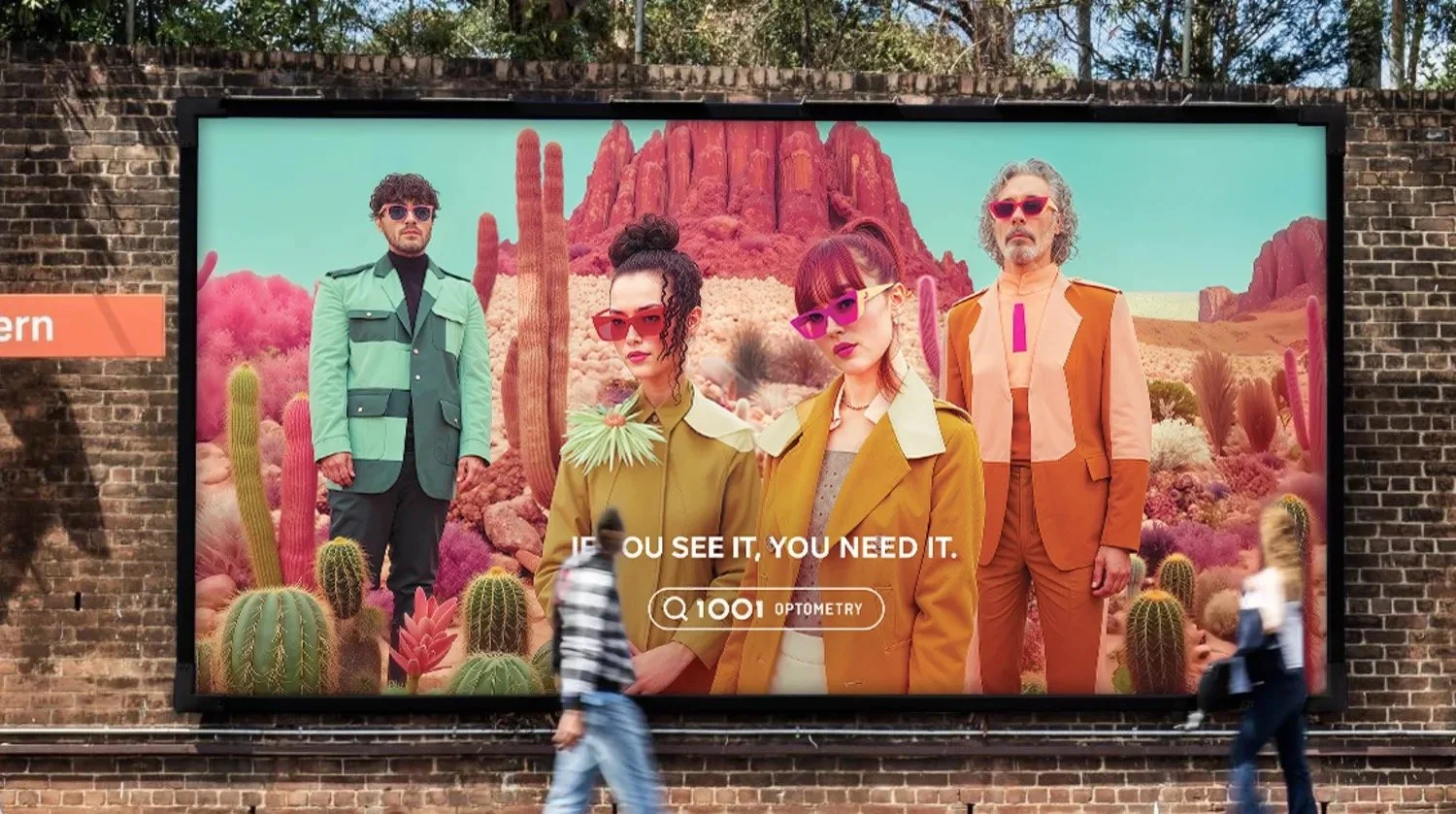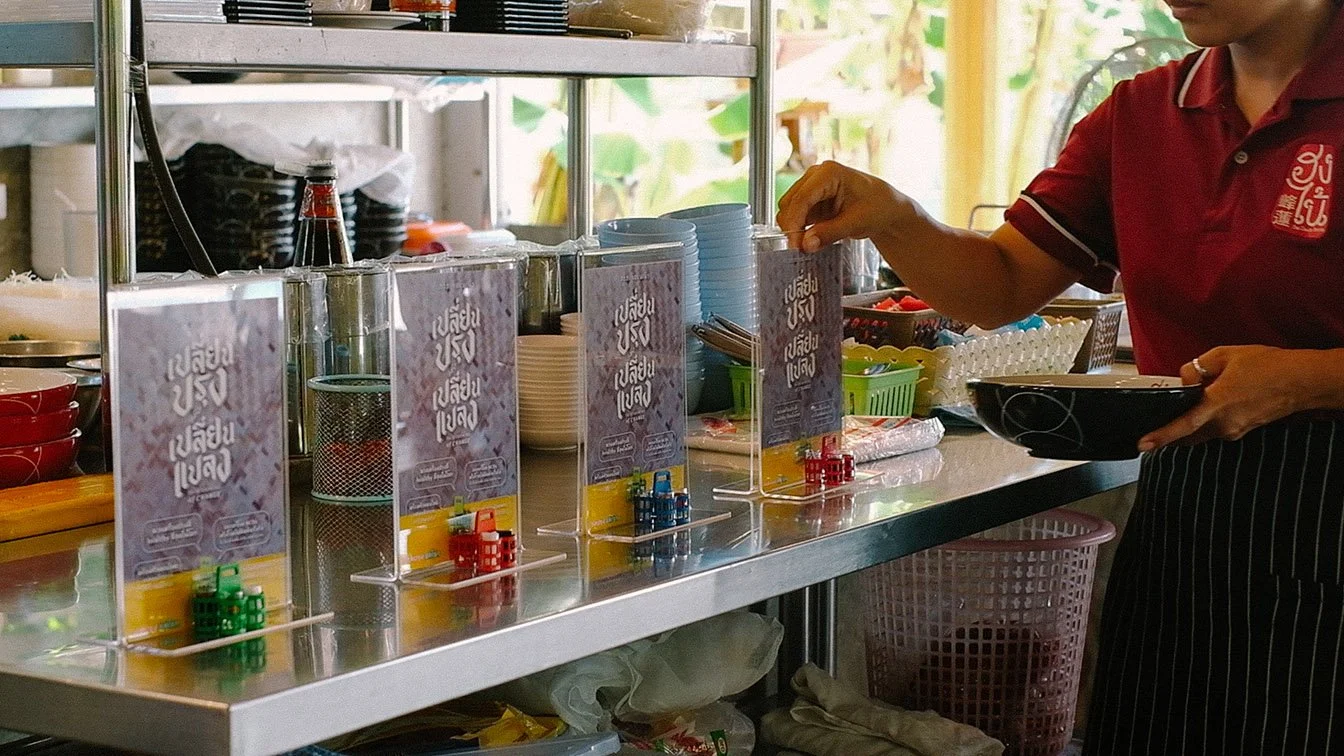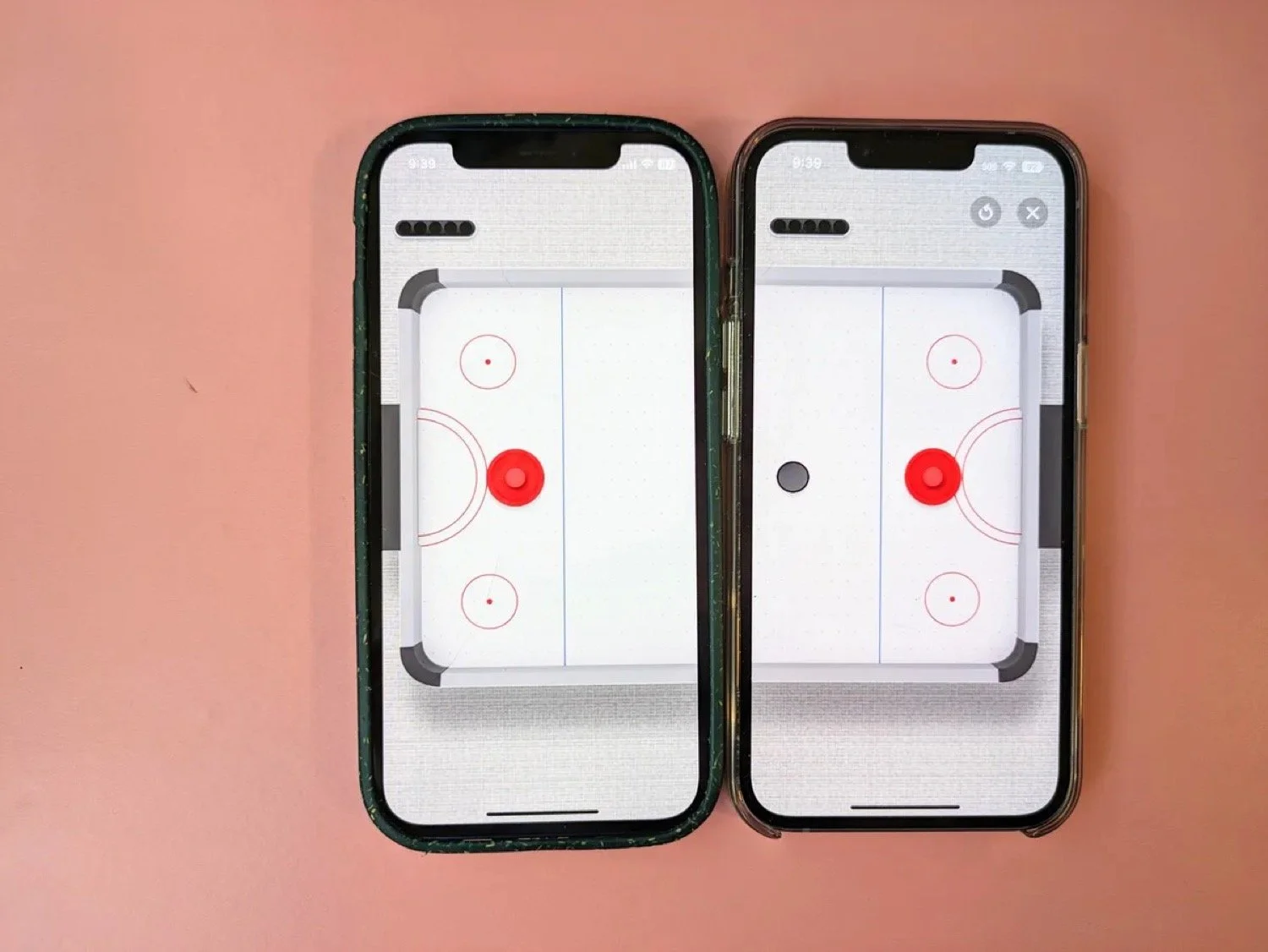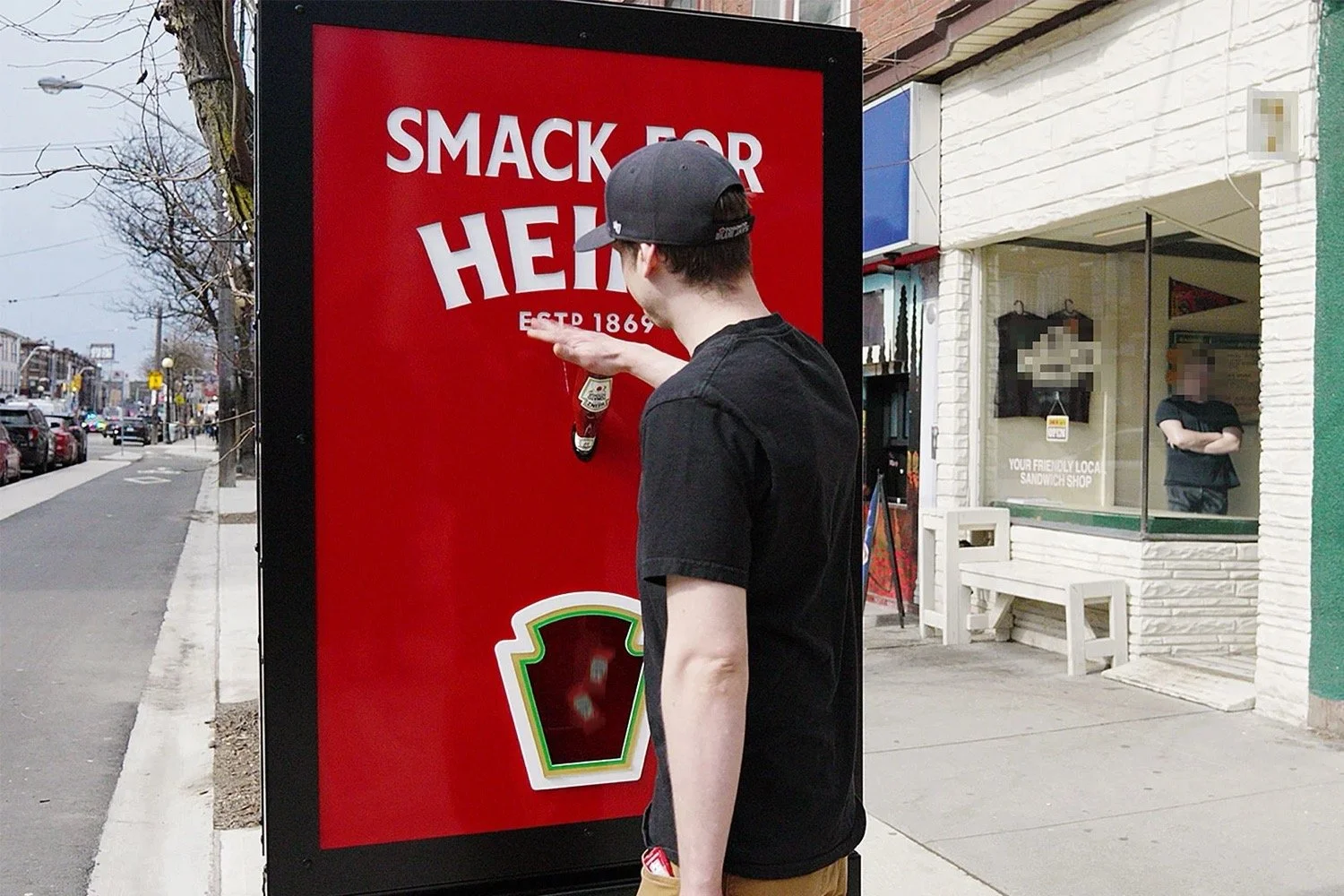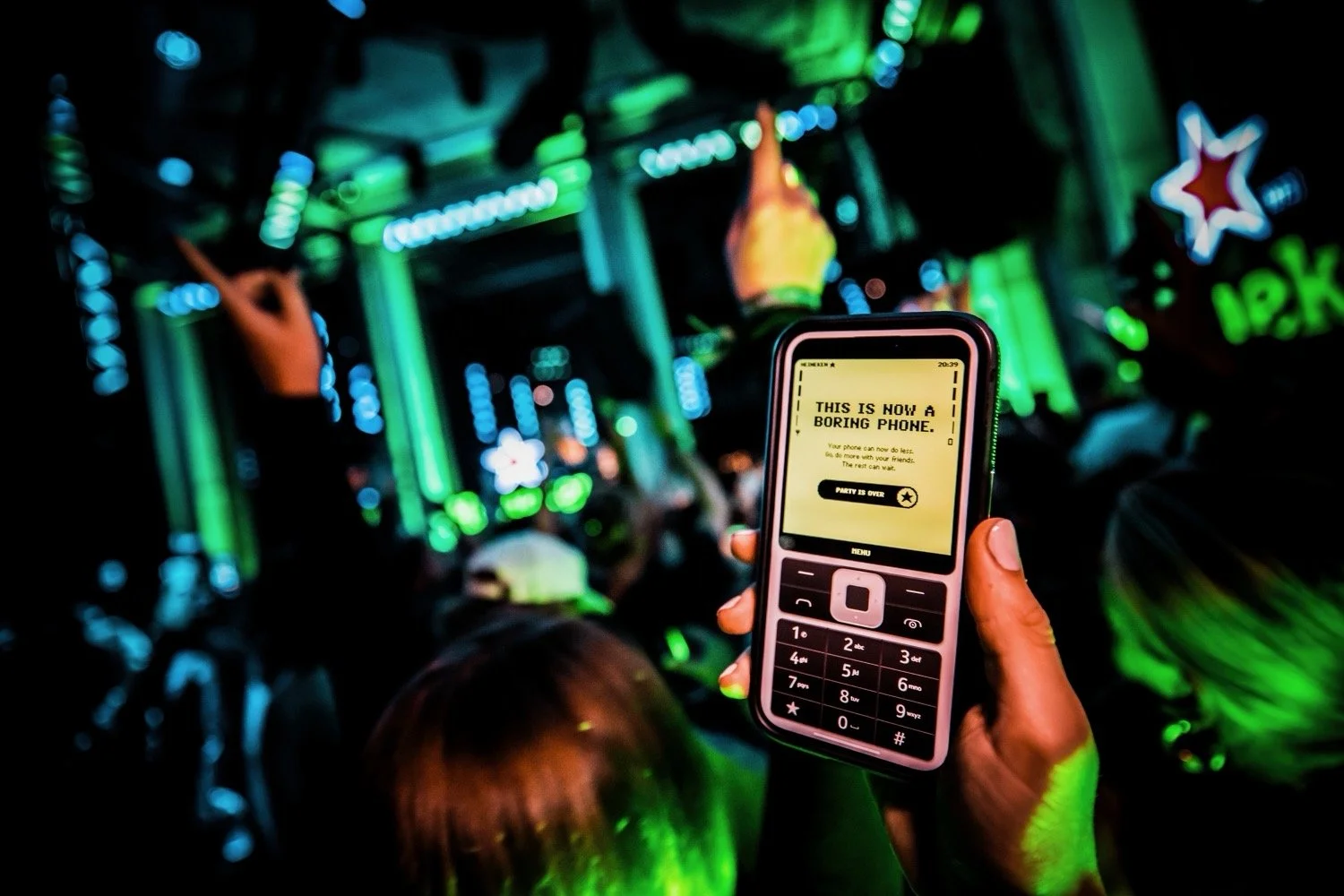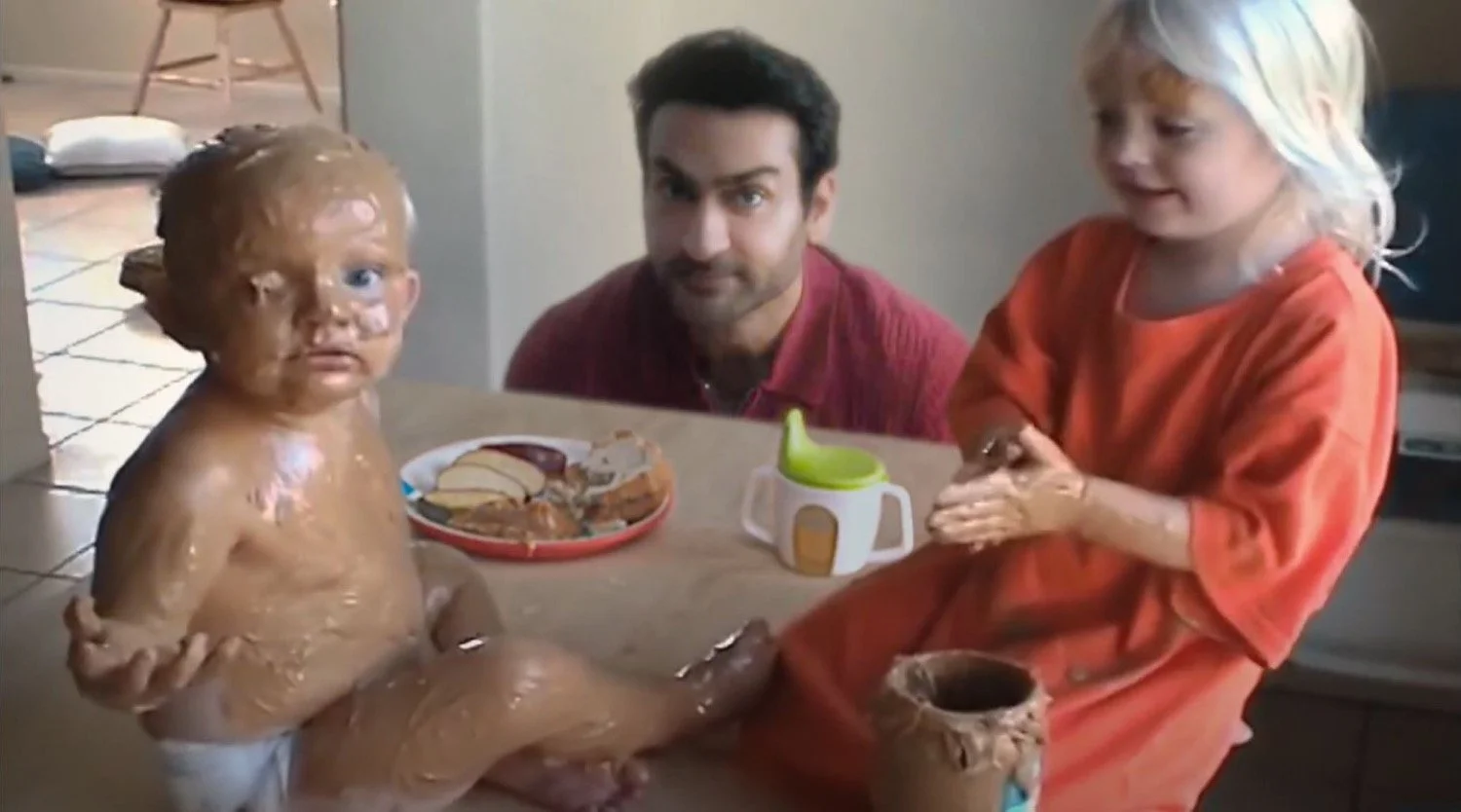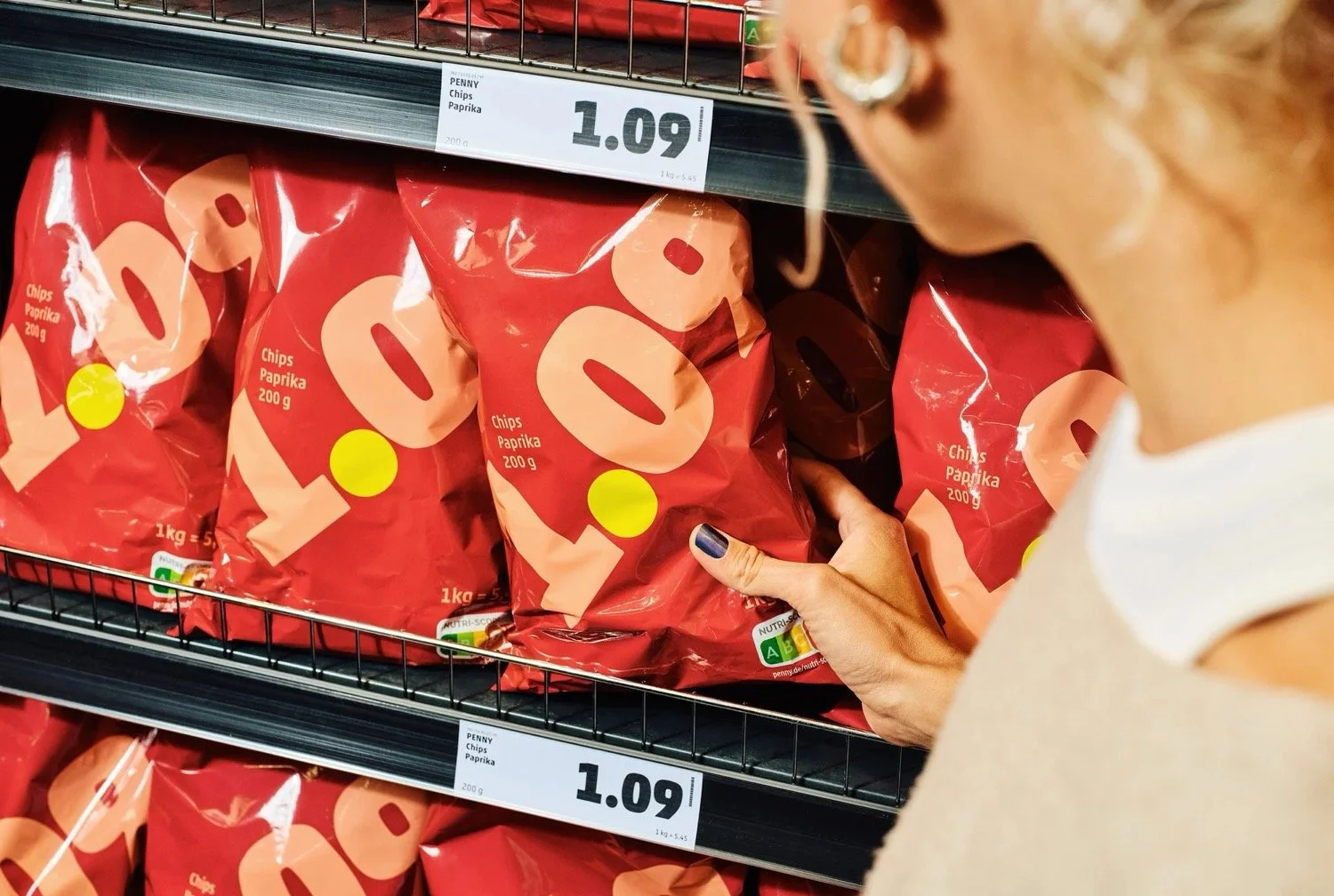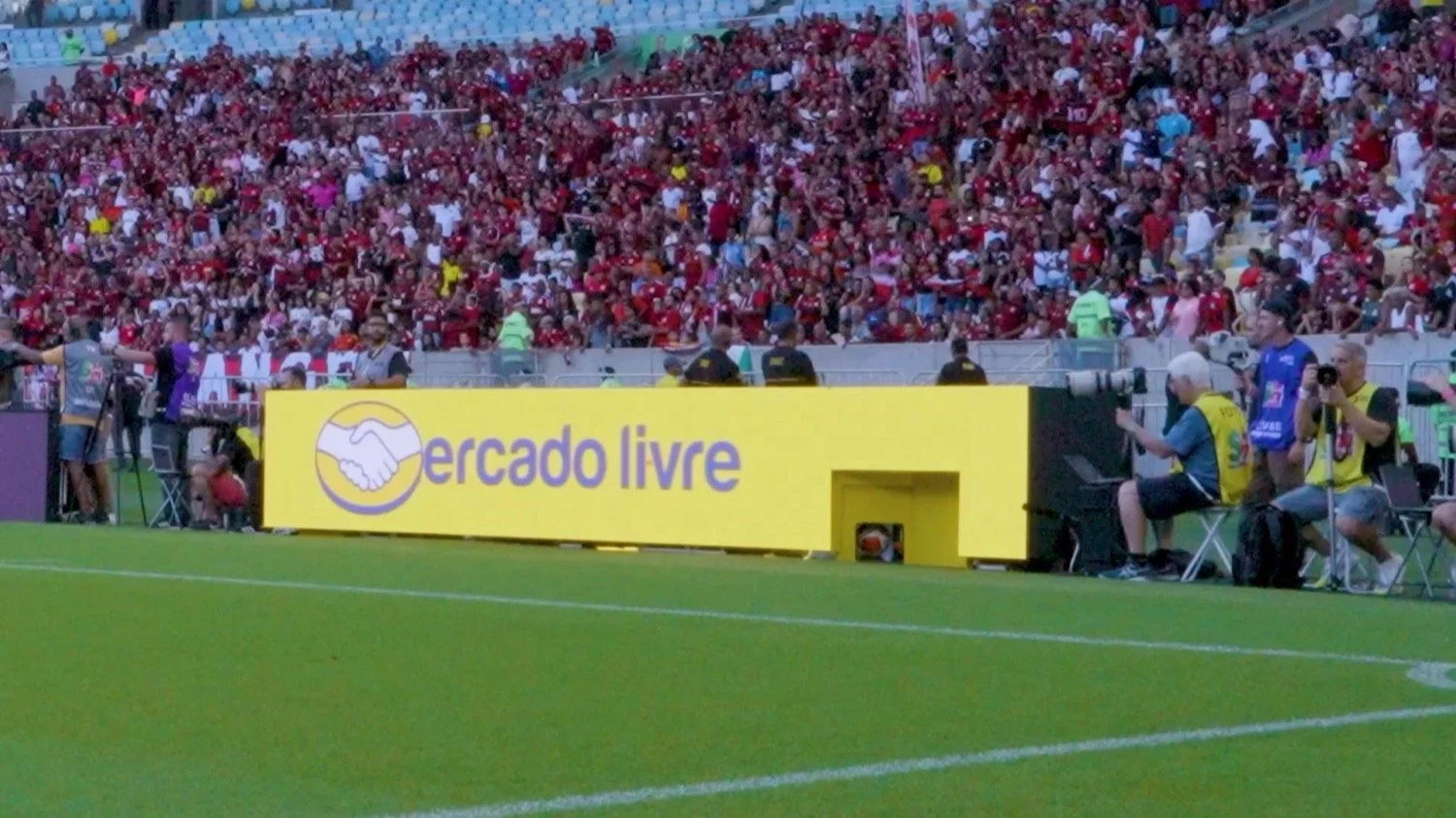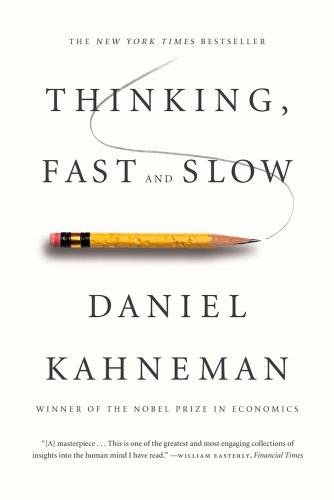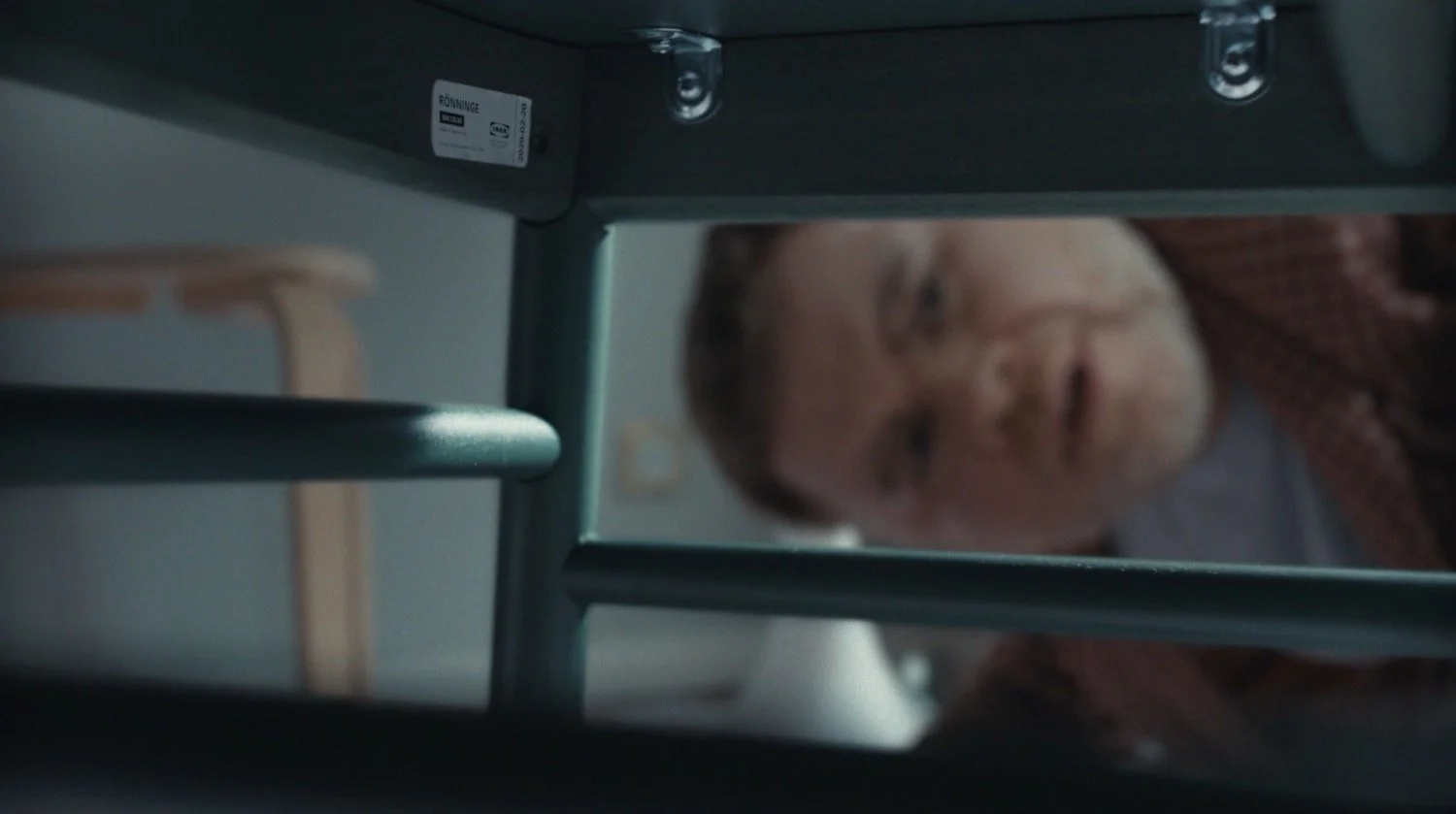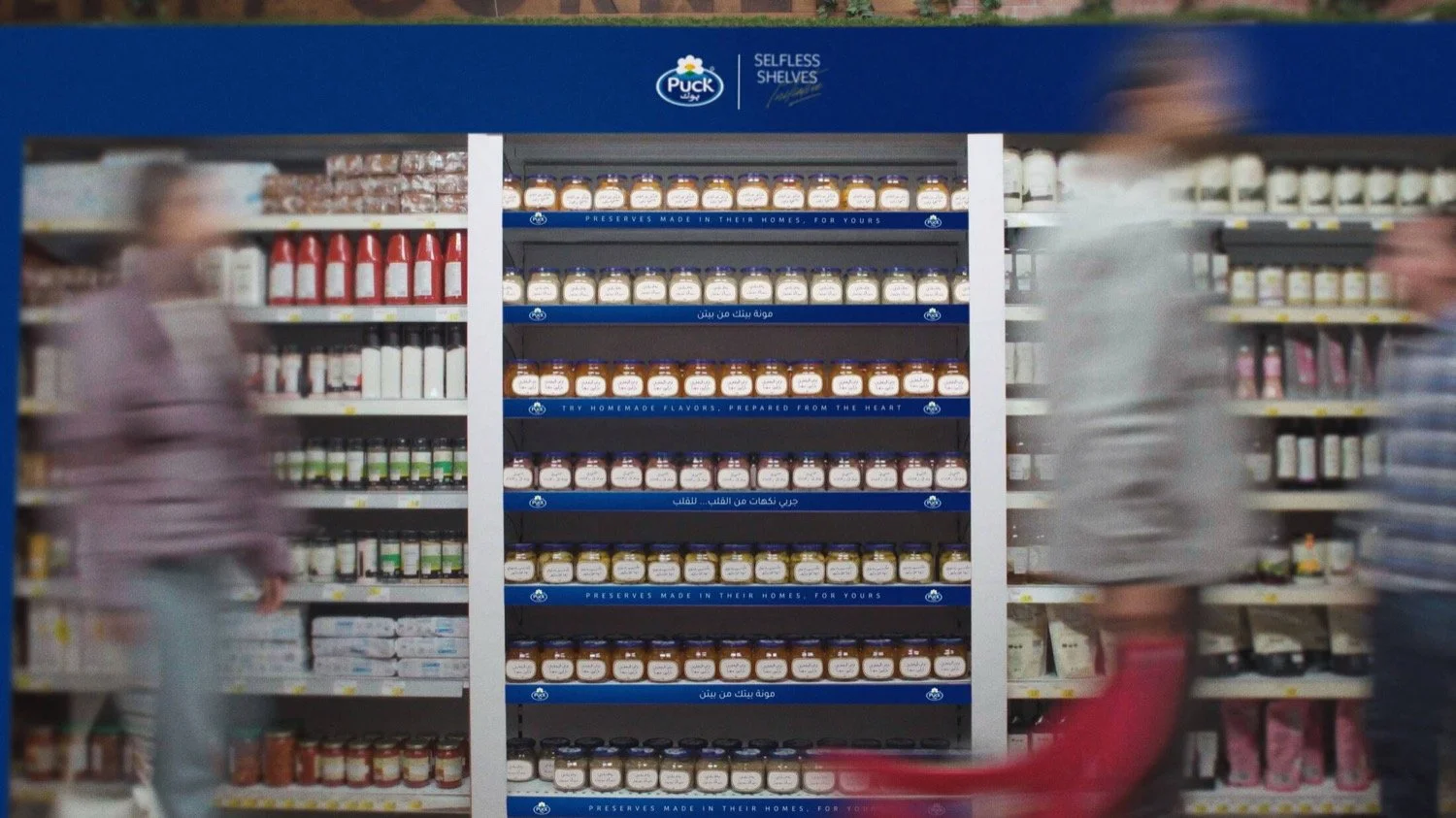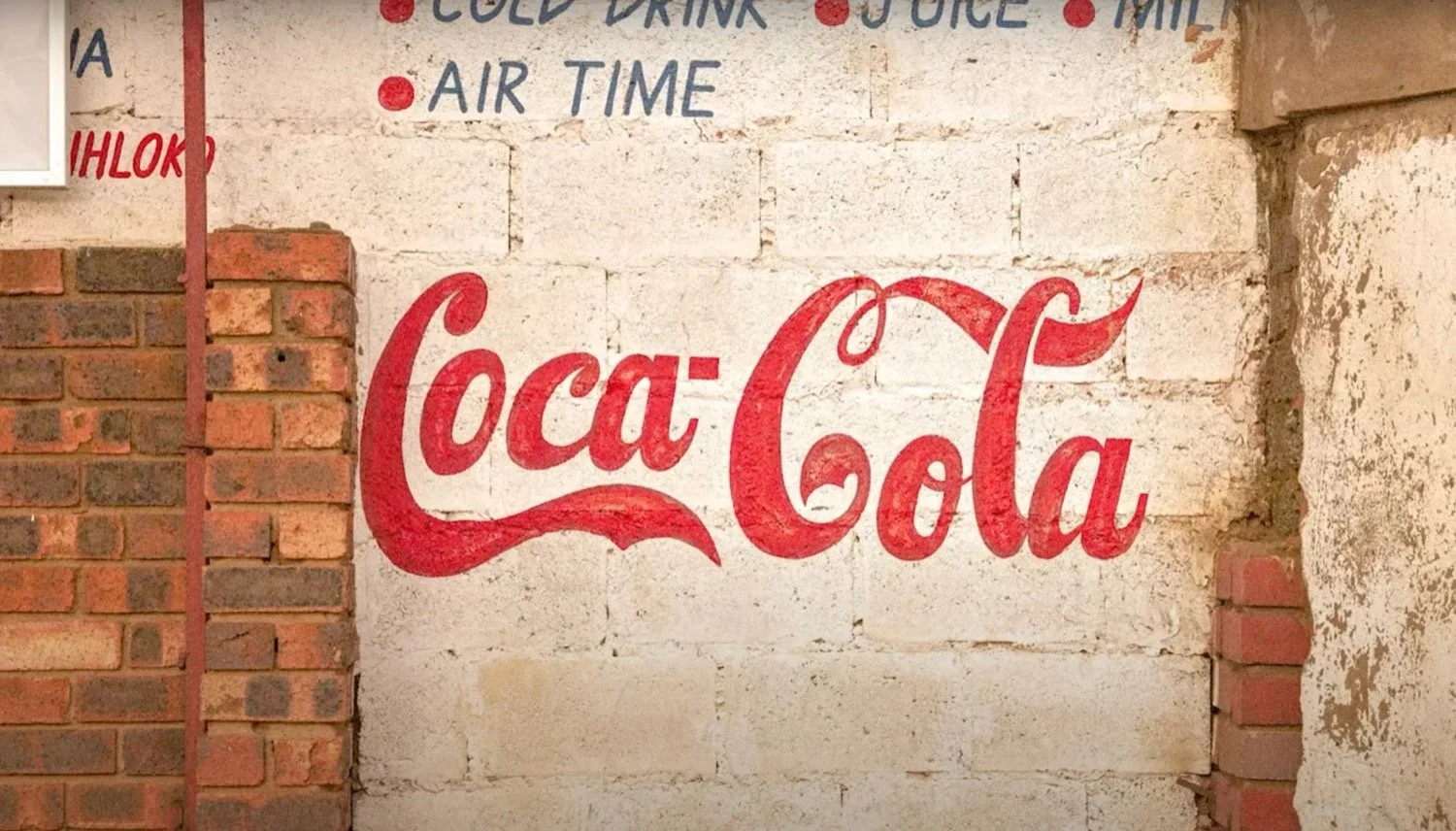
Experience
Design elements and interaction tweaks can transform the nature and quality of any experience
How experience affects behaviour
Design elements and interaction tweaks can transform the nature and quality of any experience.
Experiences don’t happen in a vacuum. We have to use diverse design elements, principles, and resources that have a powerful influence on behavior beyond the content itself.
Using experience triggers
Experience Triggers are best to tackle Experiential, Shopper and habit change jobs. It will help with new ideas but also with planning the journey. With the brief at hand, try asking yourself the following questions:
(click on them for details and examples)
A bit more on experience
Not just science has been studying our brain and how to influence behaviour. There’s a wealth of knowledge and practical advice coming from long established and new practices alike, like architecture, design, product design, performance arts, customer service and user experience among many others. Too many to single out, but it’s easy to understand how the type and design of the overall experience could have as much impact as the content itself.
Here are three (of the many) TED Talks that touch on the topic of Experience from very different angles.
The first one is a framework for today’s Experience Economy and how it’s all about rendering authenticity.
The next one explains how to design for all 5 senses and why sex is so great.
Finally a short lesson on how to tune ourselves into finding those little opportunities to improve any experience.
Great ideas using experience
Upside Down Can | BETC Paris for Orangina
Get Well Kit | Geometry Moscow for Sanofi
More recent ideas using experience
(check Activation Ideas for even more case studies using Experience)
If you want to learn more about experience
Simplicity, storytelling and design thinking are behind most of these techniques. Hard to pick a handful from such an extensive topic. But TED (Technology, Education & Design) is a good place to start. Pretty much everything is related here.
This is a seminal talk on Designing for Simplicity, by Jon Maeda from the legenday MIT
Other triggers
There’s much more than Experience to influence people’s behaviour. Check out all the other Behavioural Triggers to learn more.
Shortcuts
Certain ways of presenting information can bypass barriers and get people to act
How shortcuts affect behaviour
Certain ways of presenting information can bypass barriers and get people to act.
It’s impossible to deal with the myriad of decisions that we have to make at every single moment without some sort of coping mechanism. Our brain uses a series of mental shortcuts (heuristics and biases) to reduce the stress of understanding the stimuli that surround us.
Using shortcuts triggers
Shortcuts Triggers are best to tackle Shopper jobs, where persuasive messages need to be communicated fast and effectively. It includes demos and sampling. With the brief at hand, try asking yourself the following questions:
(click on them for details and examples)
A bit more on shortcuts
The notion of Slow and Fast Thinking plays a huge role here. The way the brain works is susceptible to mental shortcuts. These ‘tricks’ are commonly described as biases and heuristics, which we can take to our advantage to synthesise complex information in a way the brain can manage.
Great ideas using shortcuts
Dated Pillows | Happy Soldiers Sydney for Tontine
Handle on Hygiene | Geometry Dubai for Lifebuoy
More recent ideas using shortcuts
(check Activation Ideas for even more case studies using Shortcuts.
If you want to learn more about shortcuts
Neuromarketing and behavioural economics touch on this topic extensively. Perhaps Nobel laureate Daniel Kahneman is the one of the authors who captured it best.
Other triggers
There’s much more than Shortcuts to influence people’s behaviour. Check out all the other Behavioural Triggers to learn more.
Reframing
The same experience can be seen in a more positive light
How reframing affects behaviour
The same experience can be seen in a more positive light.
All of our senses are always fully engaged in looking for meaning around us. We try to make sense of our environment and take our perceptions for granted. Our actions follow what we think reality is.
Using reframing triggers
Reframing Triggers are best to tackle Experiential, Shopper and habit change jobs because they help to modify the mindset quickly. With the brief at hand, try asking yourself the following questions:
(click on them for details and examples)
A bit more on reframing
Reframing could easily be one of the most cost-effective strategies, because it doesn’t require real changes per se. Or, as Rory Sutherland puts it more eloquently. ‘how many problems in life could be solved by tinkering with perception rather than tedious hard working and messy business of trying to change reality?’
Don’t miss his hilarious TED Talk Life Lessons from an Ad Man, or if need be jump to two of the best examples on Reframing below.
Great ideas using reframing
X-Ray Casts | Colenso BBDO Auckland for Anchor
The Paper Skin | Geometry Frankfurt for Fedrigoni
More recent ideas using reframing
(check Activation Ideas for even more case studies using Reframing)
If you want to learn more about reframing
Reframing is closely related to other triggers like Incentives, Choice, Experience and even Emotion. However creatively is so powerful that it’s worth it to be studied on its own. Here are some good videos and articles explaining the Framing and Anchoring effects in more detail.
The first thing you see, will set the point of reference.
Other triggers
There’s much more than Reframing to influence people’s behaviour. Check out all the other Behavioural Triggers to learn more.










